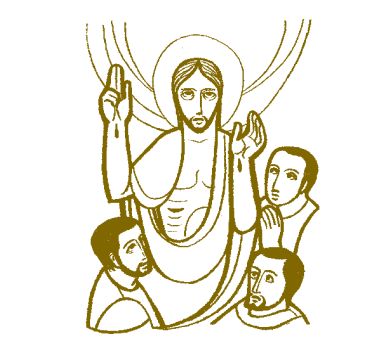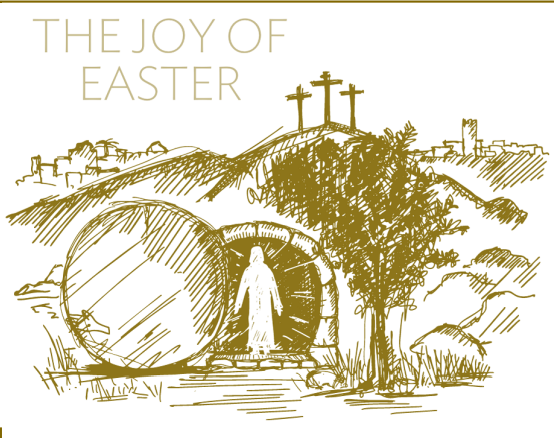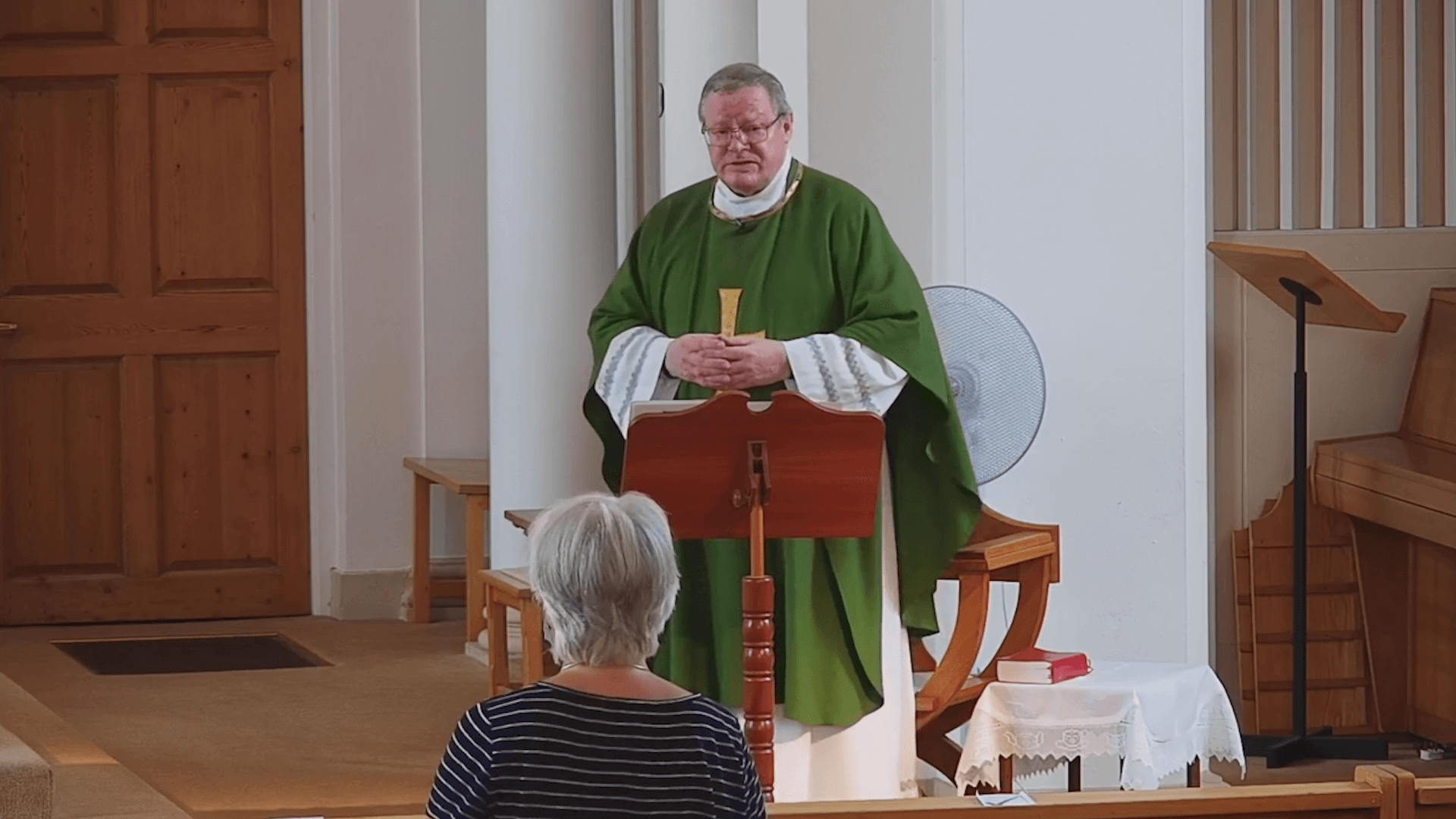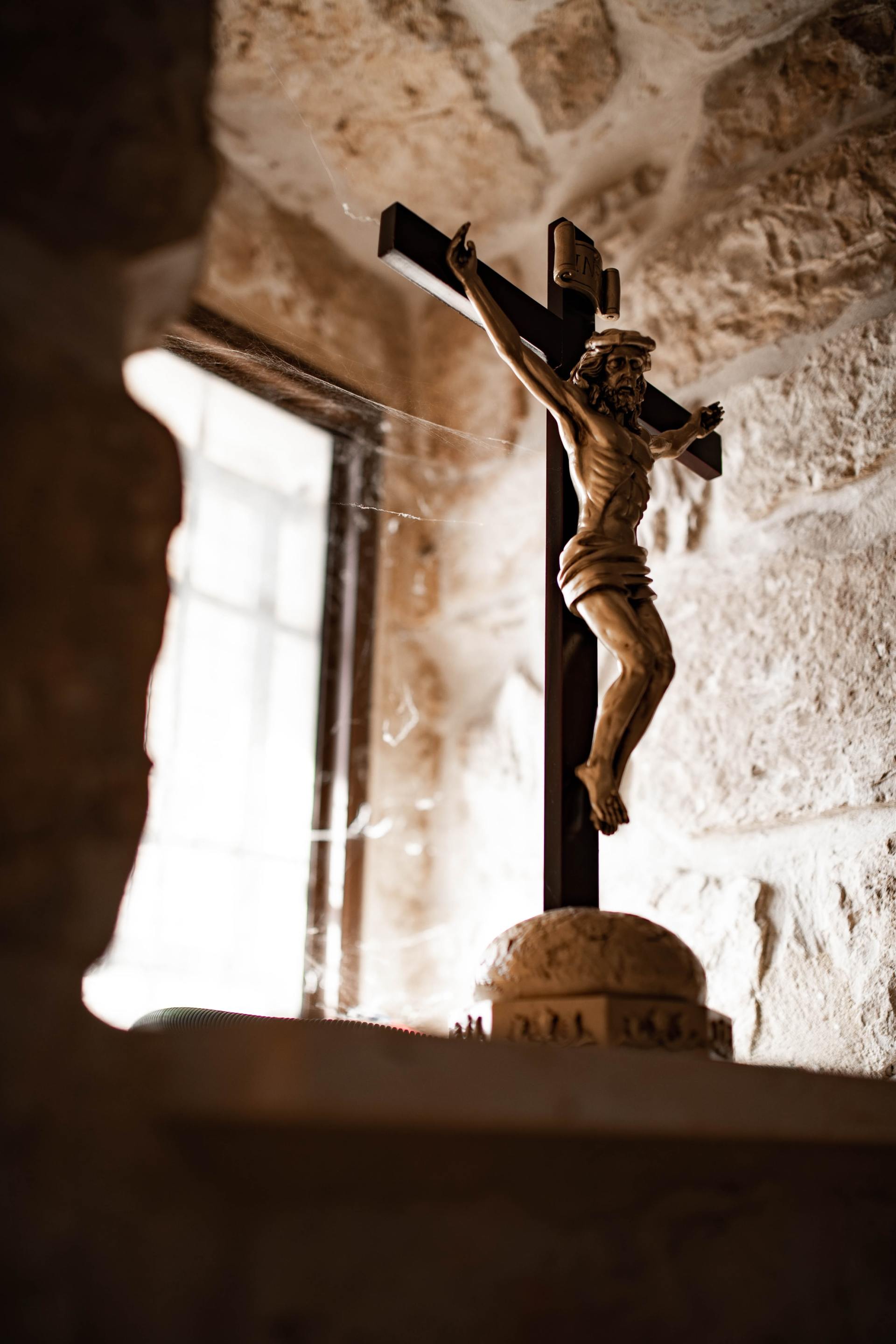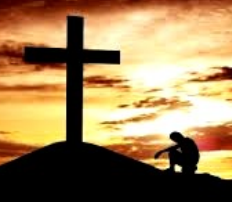Never too late to change . . . (26th Sunday of Ordinary Time Year A)
All three readings today give advice and encouragement for every person to live an upstanding life. The first reading from Ezekiel does this by way of a threat that was in keeping with how the ancient Jews thought of life and death. The idea of everlasting heaven and hell hadn’t developed yet, so they didn’t believe in the afterlife as we do. They thought that if you don’t live a just and virtuous life, your punishment would be an early death. On the flip side, if you lived well, you would earn yourself a longer life. It’s not hard to imagine how that thinking developed into the Christian understanding that how we live on earth will determine our fate for the afterlife. Jesus, and later St. Paul, expanded on this idea by stressing that God’s mercy and grace reach beyond human behaviour. We don’t earn our salvation - God grants it.
Jesus’ parable seems straight-forward. It’s better for a child ultimately to do what he or she was asked, even if they didn’t agree to it initially. The chief priests and elders knew right away that is the preferred outcome compared to a son who promises something but doesn’t follow through. So what is the point of the parable? It seems so obvious.
The kicker comes when we think about who Jesus is addressing here. He is talking to the chief priests and elders, the ones who thought they were the good ones, the righteous ones, the virtuous, chosen ones who deserved to be handed the Kingdom of Heaven because of their good behaviour. Yet he points out that when John the Baptist came preaching repentance, inclusion, and economic and social justice, they dismissed him and ignored his message. On the other hand, the tax collectors and prostitutes (people looked down upon and ridiculed by the chief priest and elders) listened and heeded John the Baptist. They had the humility to recognize they needed to ask forgiveness and change their ways, and they did. Suddenly, Jesus’ point becomes clear - it’s never too late to change our ways, ask for forgiveness, and be welcomed into the Kingdom. On the other hand, if we say we want to do God’s will, but never get around to it, we are no better than the hypocritical chief priests and elders.
Questions of the Week
• Who do you usually relate most to - the first or second son? Why?
• Is there something God might be asking you to do that you are putting off or resisting?
